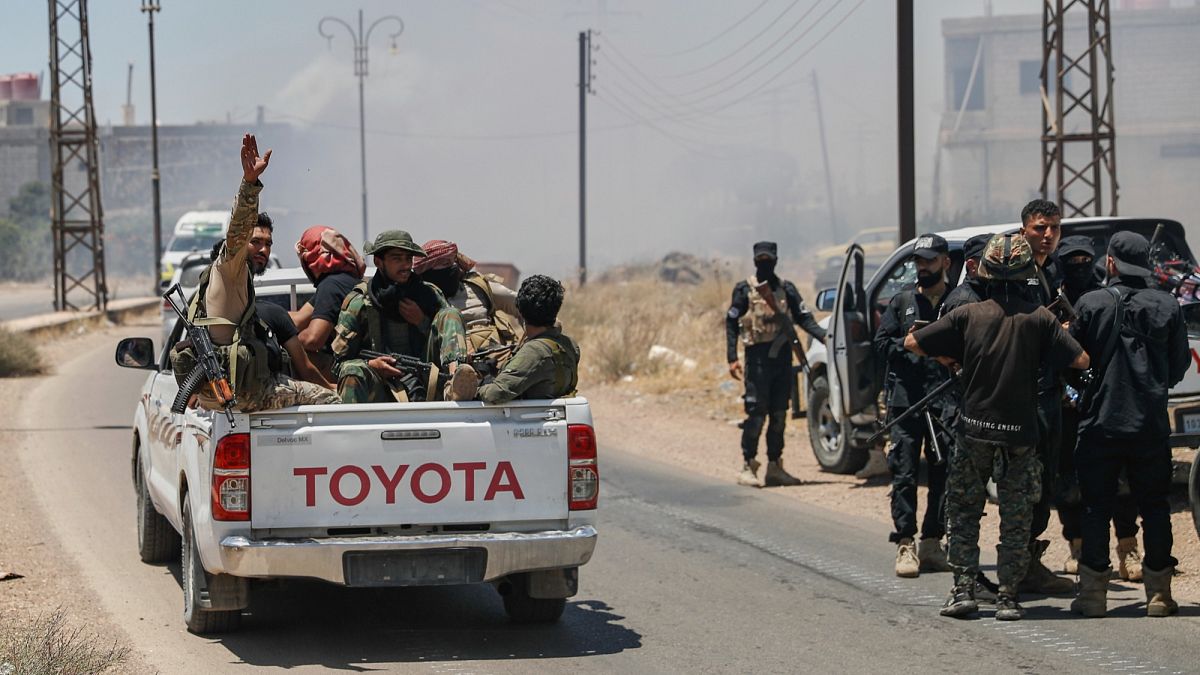

The world is witnessing a surge in military activities across various regions, resulting in heightened tensions and international concern. Amid these developments, the strategic landscape seems fraught with escalating challenges that underline the complexities of international relations and security.
Israel has conducted airstrikes targeting locations in Syria and Lebanon, a response to the recent violence involving the Druze minority. In actions described as both preventative and retaliatory, Israeli forces struck the Syrian General Staff compound in Damascus. The incident arose amid increasing friction with the Druze-majority communities near the Israeli border, compounded by the presence of Syrian government forces in the region. Despite the gravity of these strikes, reports indicate that only two civilians were injured, underscoring the focused nature of the Israeli action.
The situation in Lebanon also remains volatile, with Israeli military actions extending to the Bekaa Valley. This region has been under scrutiny due to the presence of Hezbollah targets, which Israel has linked to regional instability. The dynamics in Lebanon are complex, as Israel continues to address threats it perceives in its neighborhood while navigating the broader geopolitical landscape.
Meanwhile, the ongoing conflict in Ukraine has intensified with fresh overnight Russian attacks targeting multiple Ukrainian cities. These actions coincide with the U.S. setting a firm deadline for Russia to conclude hostilities and engage in a peace agreement—or risk facing severe economic sanctions. The international community continues to watch these developments closely, with implications for regional stability and global economic relations.
Adding to the regional tensions, a Polish factory in Vinnitsia, Ukraine, was allegedly attacked by Russian drones. The attack has caused significant concern in Poland, with the Polish Foreign Minister reporting injuries to personnel and damage to the facility. This incident underscores the wider implications of the conflict, affecting not only those directly involved but also neighboring countries and international partners.
Further afield, three oil fields in Iraqi Kurdistan were the targets of drone strikes, causing material damage but no reported casualties. These incidents form part of a string of attacks in the region, raising concerns about the security of energy supplies and the knock-on effects on global markets. This series of events places additional pressure on governments and multinational companies to adapt to a rapidly changing security environment.
In tandem with these developments, Gaza has also experienced significant airstrikes, with several neighborhoods in Gaza City affected. The heavy bombardment has resulted in casualties and infrastructural damage, reminding the global community of the humanitarian challenges facing the region.
As these situations develop, international leaders and organizations are called upon to address widening concerns over regional security, economic stability, and humanitarian needs. Through diplomacy, strategic dialogue, and cooperative efforts, there is a continued push for peaceful resolutions and the fostering of stability in these tumultuous times. In this intricate web of global challenges, the pursuit of peace remains a constant aspiration, offering hope for a more harmonious world.
Source: {link}
